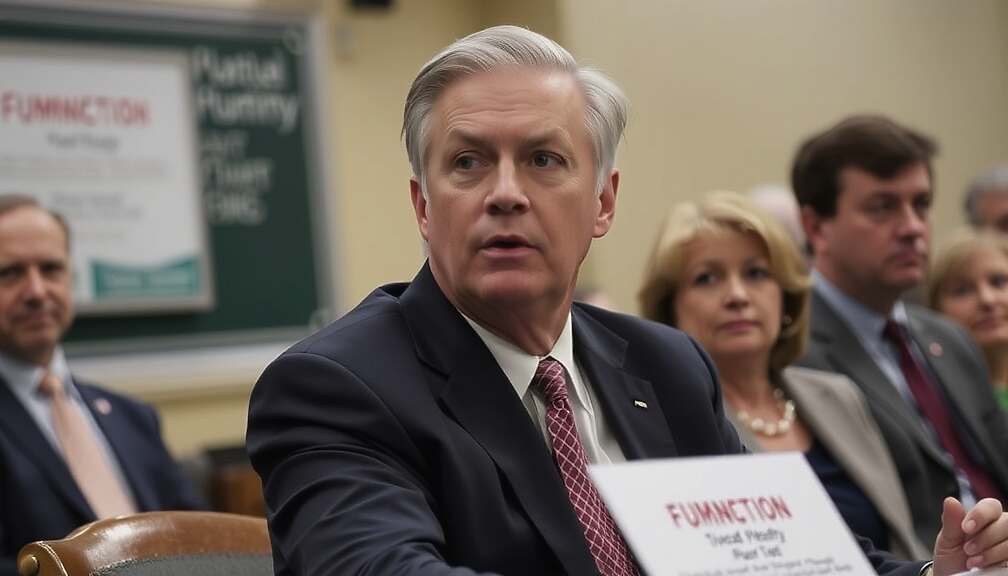Pressure mounts on Germany’s social welfare system as North Rhine-Westphalia’s employer associations are advocating for a sweeping overhaul of the healthcare system to curb escalating contribution increases. Johannes Pöttering, CEO of the State Association of Employer Associations (Unternehmer NRW), voiced his concerns in an interview with the “Rheinische Post” arguing that a fundamental shift toward increased individual responsibility is unavoidable.
A key proposal gaining traction involves ending the currently free co-insurance for spouses outside of parental leave, a move flagged as necessary for a serious and open debate about the system’s long-term financial viability. Beyond this, Pöttering is urging the reinstatement of patient co-payments, commonly known as “practice fees” and higher out-of-pocket expenses for prescription medications. He dismissed suggestions of these measures being politically unacceptable, emphasizing the need to explore all cost-reducing options.
The employer group’s proposals align with a broader initiative by the Federal Association of German Employers’ Associations (BDA), which suggests adjusting existing co-payment structures significantly. Currently capped at 5 and 10 euros respectively, these amounts are argued to be inadequate given the considerable price increases observed since 2004. The BDA’s suggested revision, based on inflation rates, proposes a move to 7.50 and 15 euros.
Pöttering’s warning underscores the severe financial strains currently facing Germany’s statutory health insurance system. He cautioned that without decisive corrective measures, contribution rates could conceivably reach 20 percent. Coupled with projected increases in pension and unemployment insurance contributions, this could push Germany’s overall social security contribution rate dangerously close to the 50 percent threshold within the next decade. Critics argue that such drastic increases will stifle economic growth and disproportionately affect lower-income households, raising questions about the sustainability of Germany’s generous social welfare model and the political will to enact contentious reforms. The debate highlights a growing tension between maintaining a robust social safety net and ensuring economic competitiveness within a globalized economy.












